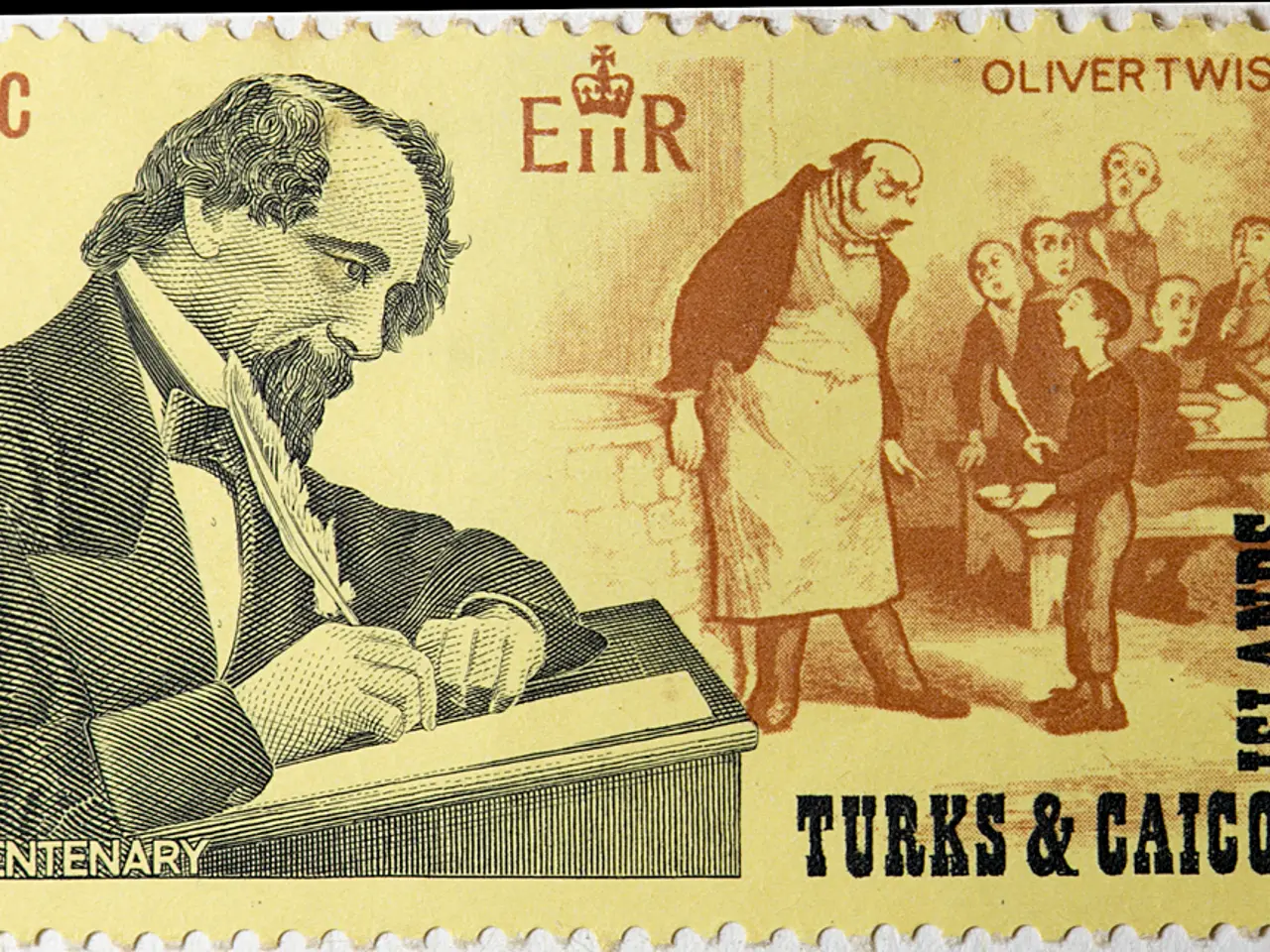Transport tariff unification in local transit: employees receive increased wages
In the fourth round of negotiations, labor parties have reached an agreement on a new collective bargaining agreement for approximately 2,500 employees in public transport, covered under the AVN collective agreement in the region. The pressing wage dispute had led to notable warning strikes, causing significant disruptions in public transport services.
According to a press release from Verdi's Lower Saxony-Bremen regional branch, the agreement includes a total wage increase of up to 9.7 percent, with linear wage increments of 4.0 percent effective July 1, 2025, and 3.0 percent from July 1, 2026. Trainees will receive an additional 100 euros per month in both years. Moreover, a one-time tax-free payment of 156 euros is planned for July 2025, with trainees receiving 78 euros. Heiko Groppe, the Verdi negotiator, noted that the agreement features a higher settlement than in the public sector, and paves the way for the introduction of a further career stage in 2027.
Significantly, the agreement introduces two new career stages: Stage 4 commences on January 1, 2026, with a 2.7 percent gap after the 13th year of service, while Stage 5 begins on July 1, 2027. Future promotions will take into account the achieved career stage, implying a more structured career progression for the affected workforce.
The collective agreement has a term of 27 months, concluding on June 30, 2027, and impacts various transport companies in Lower Saxony, including KVG Braunschweig, KVG Stade, KVG Lüneburg, and Regionalverkehr Hildesheim, among others.
Recent strikes have disrupted public transport networks across numerous regions in Lower Saxony, stemming from demands for pay parity and improvements in the collective agreement. As ongoing negotiations continue, specific details about wage increases, career stage introductions, and their impacts on transport companies remain undecided.
The new collective bargaining agreement, affecting 2,500 employees in public transport, not only includes a significant wage increase of up to 9.7 percent but also introduces changes in the industry's finance and business structures. The agreement paves the way for the introduction of two new career stages, offering a more structured progression, and potentially impacting the financial commitments of involved transport companies in the region.






